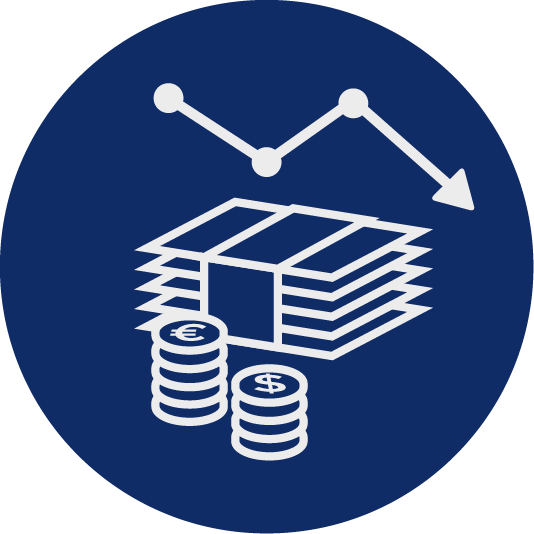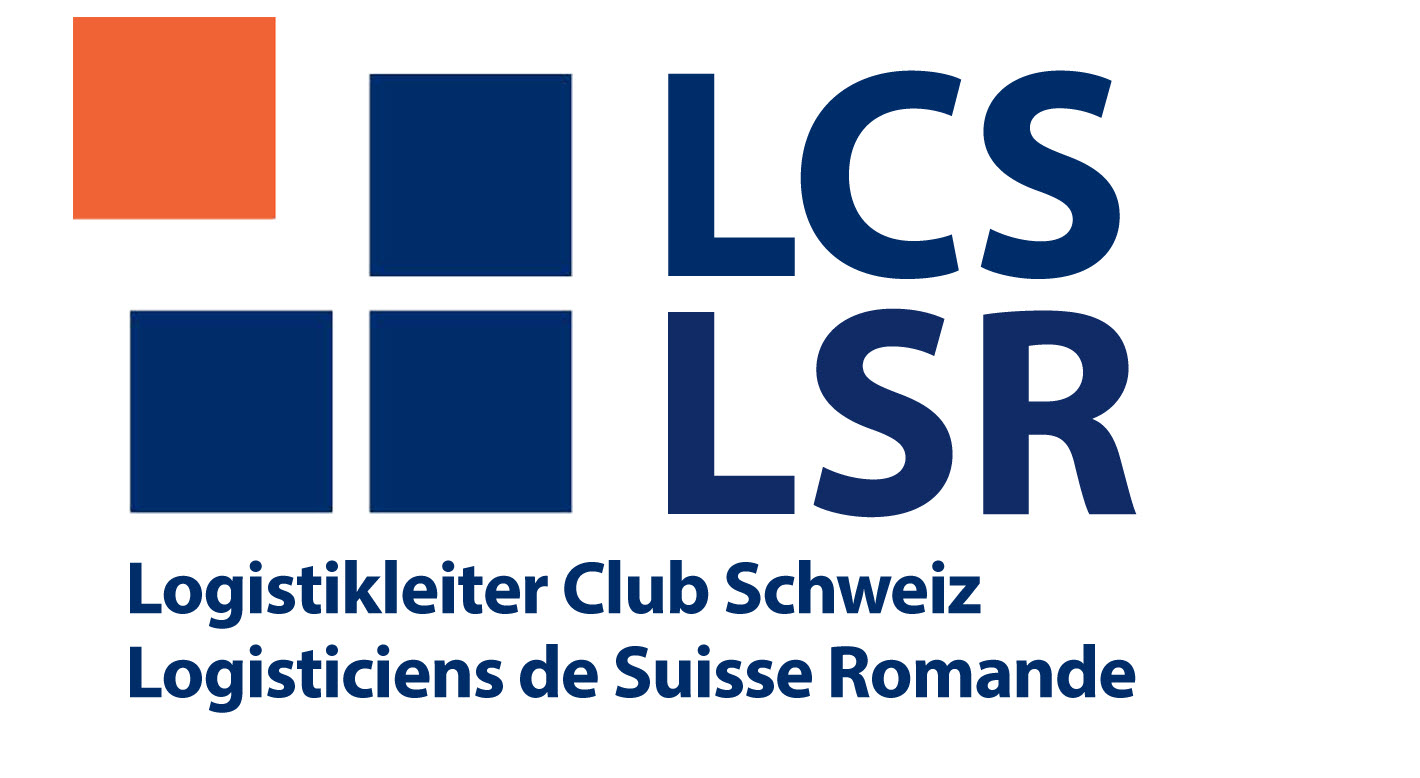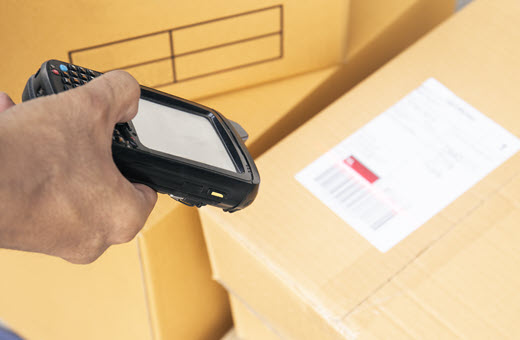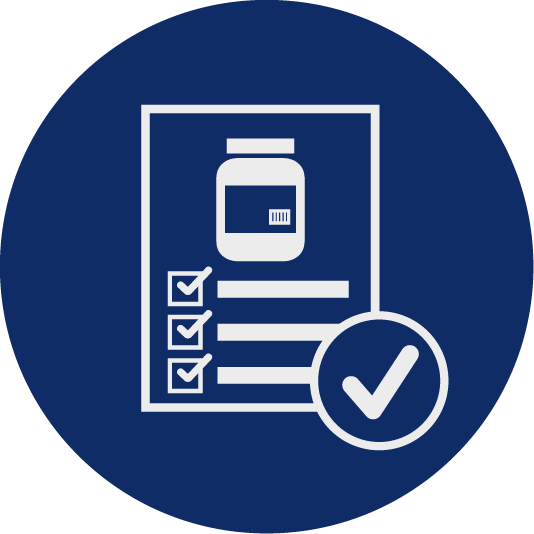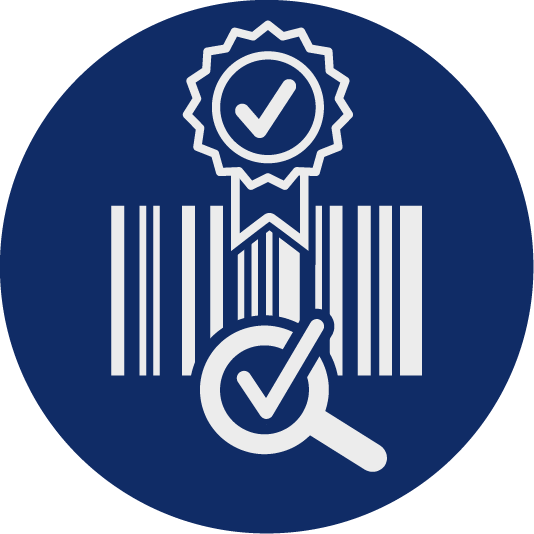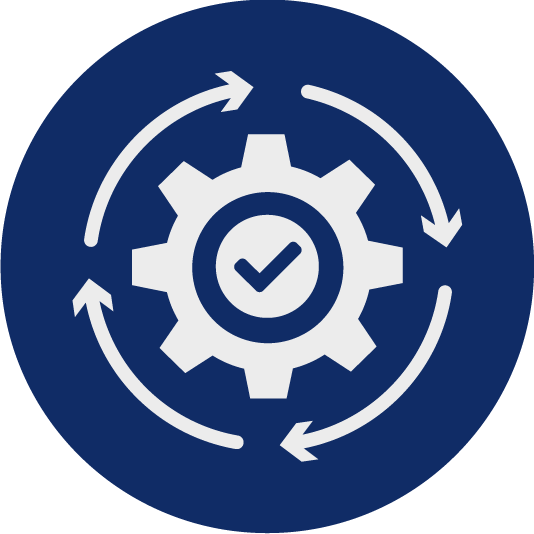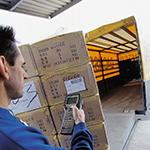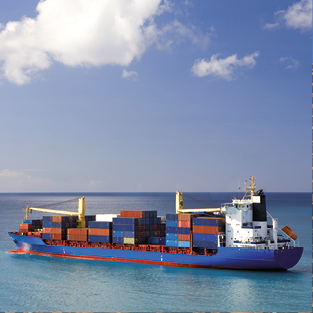GS1 Standards for a logistical world
One standard for all
Standards are omnipresent in our lives. They accompany us at every turn. In logistics, they support the exchange of goods and services and reduce trade barriers. As a common language worldwide, they ensure compatibility, transparency and cost efficiency.
GS1 standards are the basis for global, transparent and efficient supply chains. They enable the worldwide shipment-accompanying, automated exchange of data. The GS1 building blocks ensure smooth logistics in all its application types. They also support business optimization. The right goods are in the right place at the right time. The result: smooth production processes, satisfied customers and sustainable efficiency.
GS1 identification keys, including Global Trade Item Number (GTIN), Serial Shipping Container Code (SSCC) or Global Location Number (GLN) enable unique identification and referencing to physical units such as products, packages, transport units, returnable containers and company locations.
With the associated GS1 communication standards (EANCOM and GS1 XML), the necessary information is exchanged in parallel to the flow of goods in the form of electronic messages in real time between the individual companies. Advance information is now a basic requirement of modern logistics applications.
The versatile training opportunities in the field of logistics provide the necessary knowledge to understand the interrelationships, to develop strategies, to optimize processes and sub-processes or to plan new ones.
Learn more about these topics:
Standards for Logistics
Transparent logistics processes
Logistics is more than simply storing goods and transporting them from A to B. Logistics is an important system performance that consists of several coordinated steps. Standards take on an important function as a link.
Logistics involves the use and control of information, financial and goods flows beyond one's own company. Planning, coordination and control of the value chain are the main tasks of logistics and enable effective handling of all processes involved. Transport is an important process within logistics and involves moving the required quantity of goods from the manufacturer to the consumer at the right time.
Logistics has developed into an important branch of the economy; thus, the demands on the industry have also grown in recent years. Customers are demanding ever shorter delivery times and the flow of goods has been increasing in volume for years. Digitalisation, environmental protection, cost efficiency and reliable delivery are further demands that the industry has to meet.
GS1 standards support the exchange of goods and services in logistics and reduce trade barriers along the logistics chain. As a common language worldwide, they ensure compatibility, transparency and cost efficiency. They include identification keys, standardised data carriers and communication standards.
GS1 identification keys, including Global Trade Item Number (GTIN), Serial Shipping Container Code (SSCC) and Global Location Number (GLN), enable automatic data exchange and lead to interoperability between all stakeholders, creating an efficient, sustainable and collaborative logistics environment.
The Swiss logistics network:
Standards for logistics
For logistics industry, GS1 Switzerland offers a wide range of products and services that make all supply chain processes transparent and sustainably optimized.
Serial Shipping Container Code (SSCC)
The field of application of the SSCC are transport units, for example pallets, packages, shipping units and consignments of goods.
The harmonized parcel label supports the supply chain from the shipper to the customer by making the flow of goods recognizable for all parties in the supply chain with the unique identification of the shipment and does not require any manual intervention - such as relabeling repeated several times in the supply chain.
The GLN is used to identify locations and companies, for example a branch, unloading dock, external warehouse or billing address.
Global Returnable Asset Identifier (GRAI)
The GRAI is used for load carriers such as returnable containers, pallets, crates and beer kegs.
Global Identification Number for Consignment (GINC)
The field of application of the GINC are shipments, for example a logical grouping of different simultaneous shipments to the same destination.
Global Shipment Identification Number (GSIN)
The field of application of the GSIN are different deliveries, which are delivered together to one customer.
These topics might also interest you:



